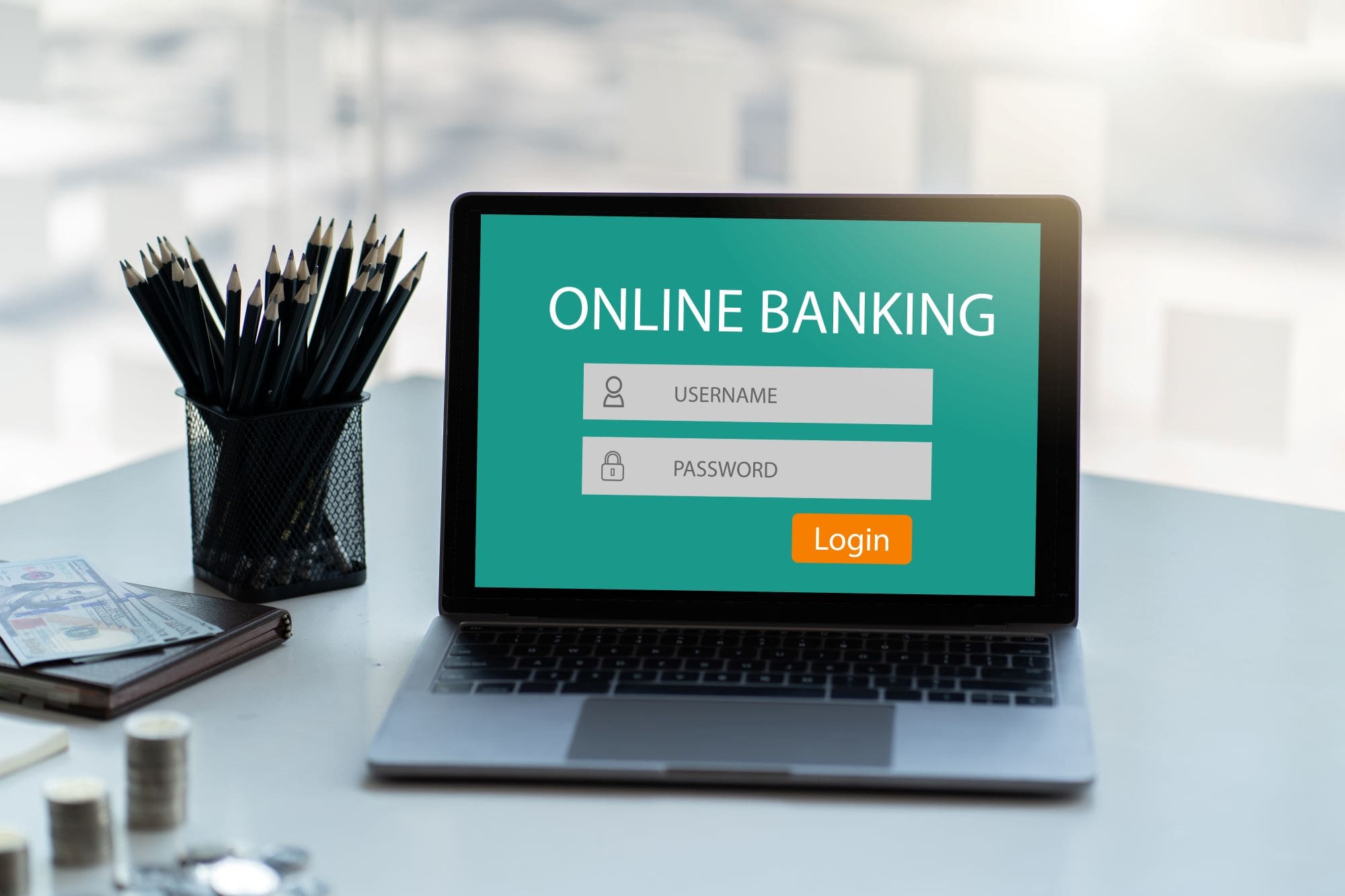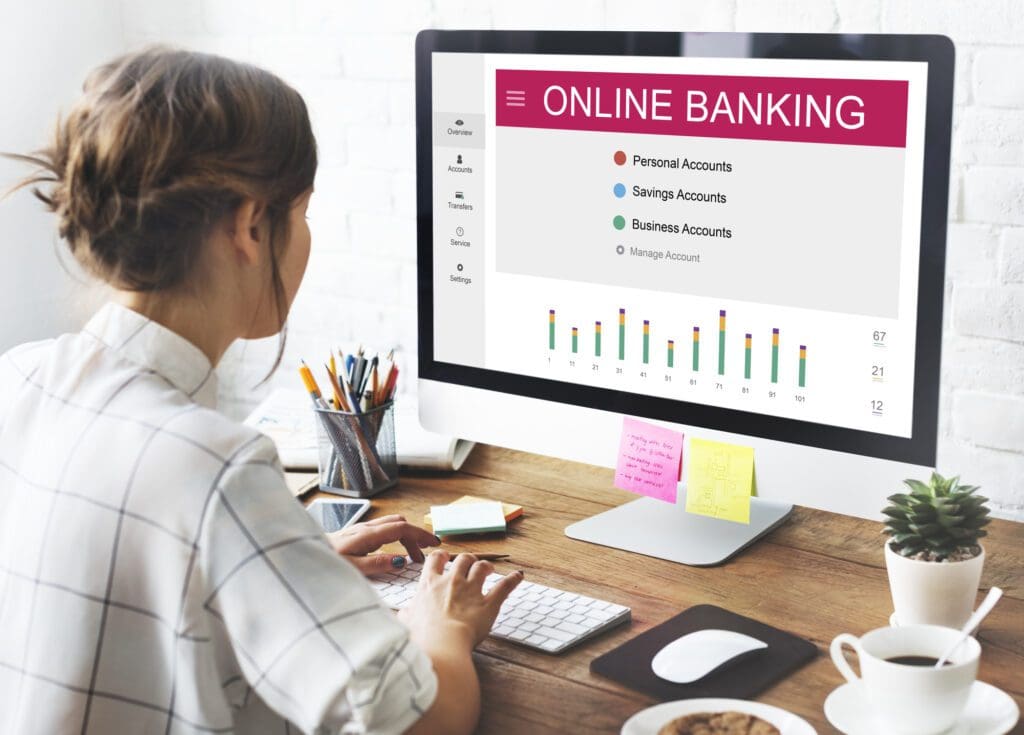
7 Common Banking Terms You Should Know As a Small Business Owner
What banking terms are you aware of regarding money management for your small business? When you visit a banking institution or your clients request for certain details, are you left wondering what the terms they just used mean?
If that’s a resounding ‘YES’ that I hear, then worry not. You are not alone.
As a small business owner, managing your finances is crucial to the success of your business. Understanding common banking terms is a fundamental step in this process.
By the end of this article, you will have a better understanding of some of the most essential banking terms every small business owner should know. These terms will help you navigate the financial aspects of your business, helping you make better-informed decisions.
So, let’s get started!
Don’t miss this related read! Reasons to Separate Personal and Business Finances
7 Common Banking Terms You Should Know as a Small Business Owner
As a small business owner, it’s important to understand basic banking terms to manage your finances effectively and make informed decisions about your business.
Here are 7 basic banking terms that you should know:

Related read: 5 Proven Advantages of Online Banking for SMEs
Account Types
When setting up your business finances, you’ll come across various account types. Each account operates differently, with unique features and different costs. Understanding the differences and benefits of each account type will help you manage your finances efficiently.
The most common account types to know are:
- Savings Account – an account where you can store surplus funds and earn interest
- Current or Checking Account – your primary transaction account for daily business expenses. This is the account you use to receive and make payments to and for your business operations.
- Business Credit Card – a credit card for business expenses. A business credit card can be an excellent option for building your business’s credit score and paying for items when the business is probably low on cash.
Check out this related post: Internet Banking: Best 3 Banks for SMEs in Kenya
Interest Rates
Interest rates are a crucial component of borrowing and saving. Understanding how they work can be the key to incurring more costs for your small business or saving money in the long run.
Two key terms to know are:
- Annual Percentage Rate (APR) – the cost of borrowing, expressed as a percentage. Keep in mind that this is expressed as a yearly rate.
- Annual Percentage Yield (APY) – the interest you earn on savings accounts, including compounding interest.
Overdraft
If your business’s current account was low on funds and there’s a payment to make, what happens? Will that transaction wait until the day your business gets some cash? That’s where many companies take advantage of the overdraft feature.
An Overdraft happens when you spend more money than you have available in your checking account. So, in our scenario, the payment will go through despite the low balance in your account.
There are two related overdraft terms to understand:
- Overdraft Protection – this is a service that prevents overdrafts from happening. If you have this enabled, the payment will not occur until you top up your business’s account. This feature is essential if you want to avoid incurring extra expenses for your small business.
- Overdraft Fee – as useful as overdrafts can be, it’s not a free service. An overdraft fee is the charge you incur from overdrawing. To save on this cost, it’s important to keep your account well-funded for planned payments.
Collateral
When applying for loans, you’ll come across secured and unsecured loans. The difference between the two loan types is the presence of collateral.
- Unsecured Loans – loans that don’t require collateral, like credit cards.
- Secured Loans – these loans are backed by assets, like inventory, vehicles, or real estate.
Why do you need to understand this? That’s because the presence or absence of collateral will significantly impact the cost of your credit. Unsecured loans tend to have higher interest rates, making them more expensive.
Credit Score
A credit score is a number-based value showing one’s creditworthiness. Your credit score plays a significant role in your ability to access financing. A good credit score is crucial for helping you or your business access credit on favorable terms. The higher your credit score, the better terms you get, like access to higher credit amounts and lower interest rates.
A credit score can be for individuals or businesses.
- Personal Credit Score – based on your individual credit history
- Business Credit Score – reflecting your business’s financial track record in honoring its debts.

Compound Interest
Compound interest is interest earned on the initial principal and any accumulated interest earnings. It can work for or against you, depending on whether you’re saving or borrowing. If you are saving, compounding interest works in your favor. It allows you to create wealth faster.
However, if you are borrowing money, compounding interest can quickly add and eat into your business’s profits. This happens if you fail to pay due loans, making the credit more expensive.
Bank Payments
There are several terms that define the many ways there are to make payments and other key details. These include;
- Cashier’s Check – it is a check that the issuing bank guarantees. This means that the bank promises to pay the amount of the check on demand.
- EFT – it stands for Electronic Funds Transfer. EFTs have a slower processing time, with payments reflecting in the payee’s account within 2-4 business days.
- RTGS – it stands for Real Time Gross Settlement, where payments between bank accounts are down on gross and real-time basis. Unlike EFTs, RTGS transfers are faster and usually reflect within 2 hours. However, if you want the beneficiary to receive the funds on the same day, you’ve to make the payment before the cut-off hours. With Kenyan banks, this is usually before 12 and 3 PM Kenyan time, depending on the bank. Otherwise, the funds will be processed early the following business day.
- BIC/ Swift Code – this stands for Bank Identifier Code (BIC) or Society for Worldwide Interbank Financial Telecommunications. It is used as an identifier of the banking institution.







